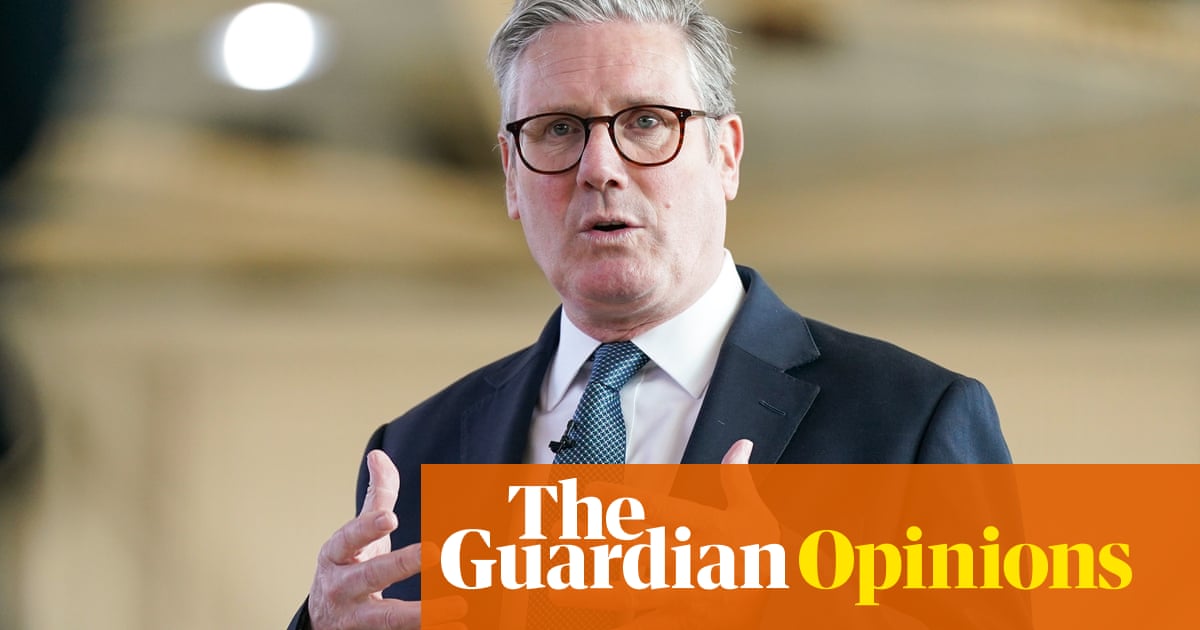
"Supporters of Brexit found a quantifiable benefit when Trumpâs tariffs favored British goods, but that opportunity vanished when he withdrew his tariff plans."
"The UK government seeks a framework agreement with the EU on security, which they hope will lead to strengthened trade ties, demonstrating a shift in diplomatic relations."
"Changes in leadership have made a closer EU-UK relationship more feasible, but the past agreements hinder reintegration due to a focus on irreversible divergence."
"A constructive diplomatic approach under Labour contrasts with prior Tory relations, showing a stronger willingness for collaboration in defense and trade with the EU."
Brexit proponents gained optimism during a brief period where proposed US tariffs favored British goods, but this disappeared as Trump reversed his plans. As the UK continues negotiations with the EU, focusing on security as a foundation for closer trade relationships, there is a notable increase in constructive diplomacy under Labour leadership. The previous agreements made under Boris Johnson create challenges for trade reintegration, showing a need for both parties to address these arrangements for genuine collaboration to occur.
Read at www.theguardian.com
Unable to calculate read time
Collection
[
|
...
]